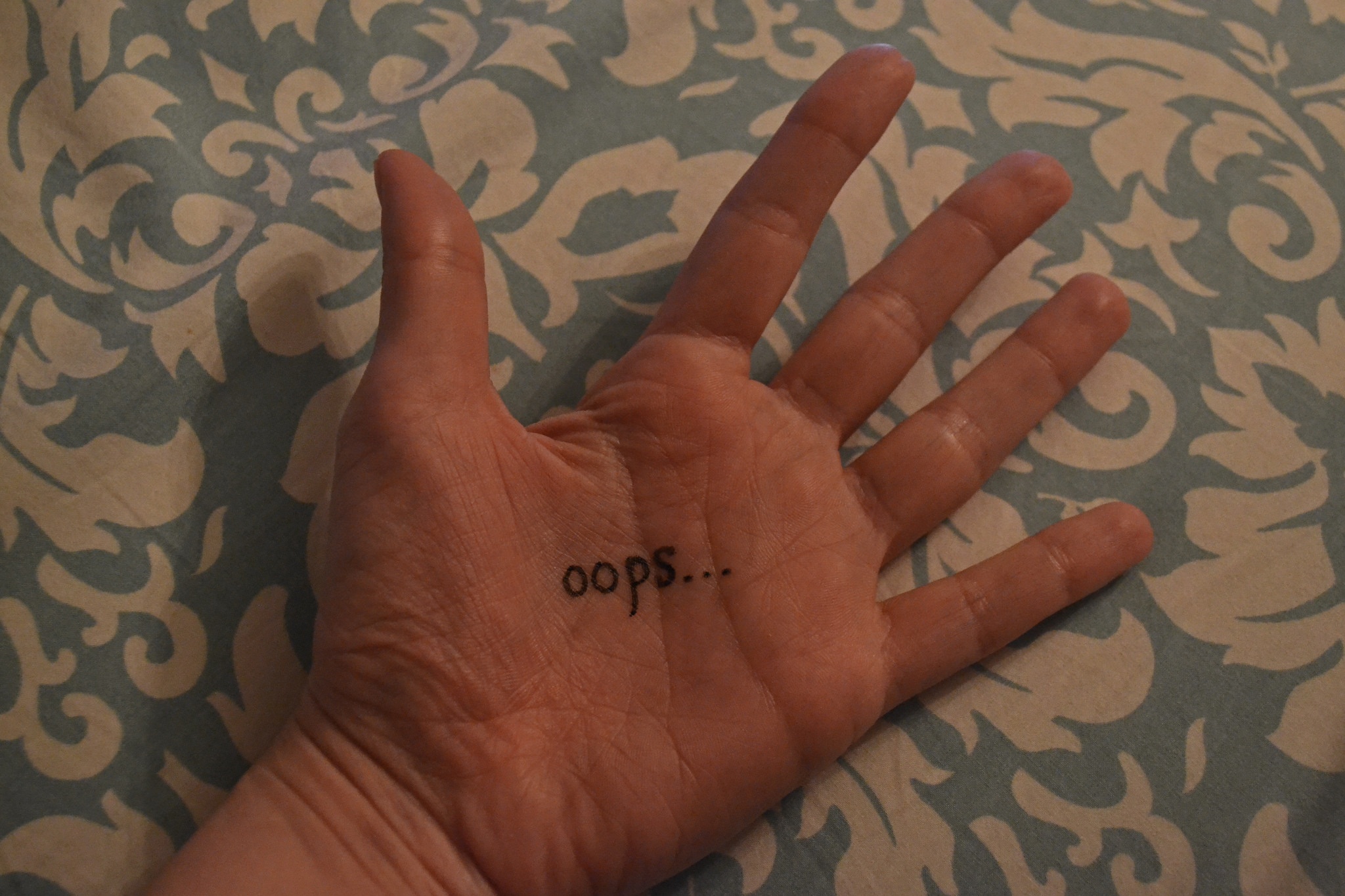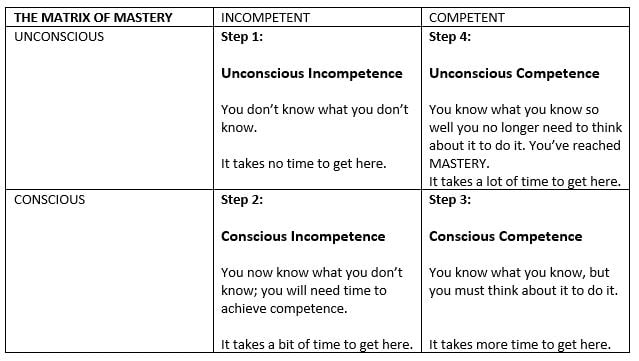
I was asked recently to define "happiness" and had to ponder a bit.
A Google search, "happiness definition", gave Google's definition at the top of search results as:
"The state of being happy".
Google, I think we can do better.
Most other definitions of happiness seem to involve nice feelings, such as joy, contentment, delight, and pleasure. Most of us know this kind of happiness when we feel it, so maybe it's no surprise that many writers on positive psychology don't bother to define it, even though their interventions supposedly will make us feel happy.
Yet thinkers since at least Aristotle's time have disagreed over the meaning of happiness, so it may be that defining it is more important than we assume. Also, there are positive psychology researchers who must define happiness specifically in order to measure it. Their definitions don't always fit mine.
So what is happiness, anyway?
My definition involves components of happiness. So it's more than a mere definition; it's a road map of sorts for finding happiness. See what you think.
First, what happiness isn't.
Sustainable happiness doesn't come from getting what you want. Those feelings always wear off, usually pretty quickly. On average, people who look enormously successful on the outside aren't happier than the rest of us. In fact, they are often miserable.
And what many people think is happiness really isn't.
It's closer to what I would call, "relief". Relief from negative feelings, such as fear, anxiety, frustration, loneliness, or dread feels way better than being caught up in those feelings. Plus, in the absence of negative feelings, many people allow themselves to enjoy life for a bit. Unfortunately those times often come in short supply. Relief, however, is an important component of happiness, a gateway, so to speak.
Relief comes from getting your needs met. Needs include physical stuff, like enough rest and the right food, but they also include emotional needs, such as belonging, safety, achievement, and social support. Virtually everyone has unmet needs, but individual needs vary from one person to the next.
One strategy for freeing oneself from most negativity is to simply get your needs met "once and for all", as Thomas Leonard used to say. Most people think that isn't possible, so they go through life hoping to get their needs met as if they have no control over the process. Hope is not a strategy, however.
Savvy coaches know that meeting needs is surprisingly easy and that the relief clients feel when their needs are met frees up energy to build a life that is truly wonderful. So meeting needs is the first step toward happiness, the gateway on my road map to happiness.
Then there's the idea of ease and engagement that many people believe is part of happiness. We've all had happy experiences in which we got to do things "our way" and it felt way better than having to do them someone else's way. That's one reason so many people dream of being their own bosses. And if you have a hobby, probably you've enjoyed moments when time just flew, because you were having fun.
Ease, engagement, fun and tempus fugit are all outcomes of using what positive psychology coaches call, strengths. Everybody has skills or talents that allow them to do things easily that might be hard for the rest of us to do. Like needs, strengths are individual. Help someone discover theirs and assist them in finding ways to use them and you'll help put them on the road to happiness. You'll also free up energy that they might have wasted trying to do things someone else's way. That means more energy is available to create a wonderful life.
So what makes life wonderful?
Everyone can think of people, experiences, or things that help to make life more wonderful. Usually there's an underlying reason why, to one individual, family feels like the most important thing, while travel, for instance matters most to someone else. Finding that underlying thing can transform life, but most people never do. What I'm talking about is what effective coaches call, "values". They are perhaps the most important coaching topic, of all.
Yep, everyone's values are a bit different, just as everyone has different needs and strengths. Values are what matter most to us and living your life expressing what's most important to you is marvelously fulfilling. It has an additional element of service to it, whether intentional, or not. So if you keep a lovely garden, because you value beauty, everyone who sees your garden benefits. Or if you work hard at your job, because you value diligence, both your employer and customers of your employer benefit. Sometimes you may intentionally serve others, other times service might just be accidental, but either way, you are serving the larger good. That gives meaning and purpose to your life, while making the world a bit better for everyone else.
Service, meaning and purpose are the road to lasting happiness, but most people need help identifying their values and designing their lives around them. In fact, most people mistake their needs for their values and take their strengths for granted. Too bad.
So my road map to happiness is this: free yourself from chronic negativity by getting your needs met. Discover your strengths and use them in as many ways as you can to enjoy more fun and ease. In fact, use your strengths to get your needs met and express your top values for relief from negativity, more energy and fun, as well as a deep, fulfilling and abiding sense of happiness.
That's what I call happiness.
If you're a coach (or want to become one) and you're curious how you can help others get their needs met, activate their strengths, and express their values, you'll love the upcoming Coaching Values, Needs, and Strengths module at SCM. You'll become a much more efficient coach, learn how to use assessments to help your clients more quickly, and earn a certificate of completion, all in just four weeks.
Click the button below to learn more and/or register.

 This is the second in a series of interviews of graduates of the Certified Positive Psychology Coach® Program. Many have fascinating coaching careers and will share some of their secrets with you. Look for this tag: CPPC Graduates.
This is the second in a series of interviews of graduates of the Certified Positive Psychology Coach® Program. Many have fascinating coaching careers and will share some of their secrets with you. Look for this tag: CPPC Graduates.



















